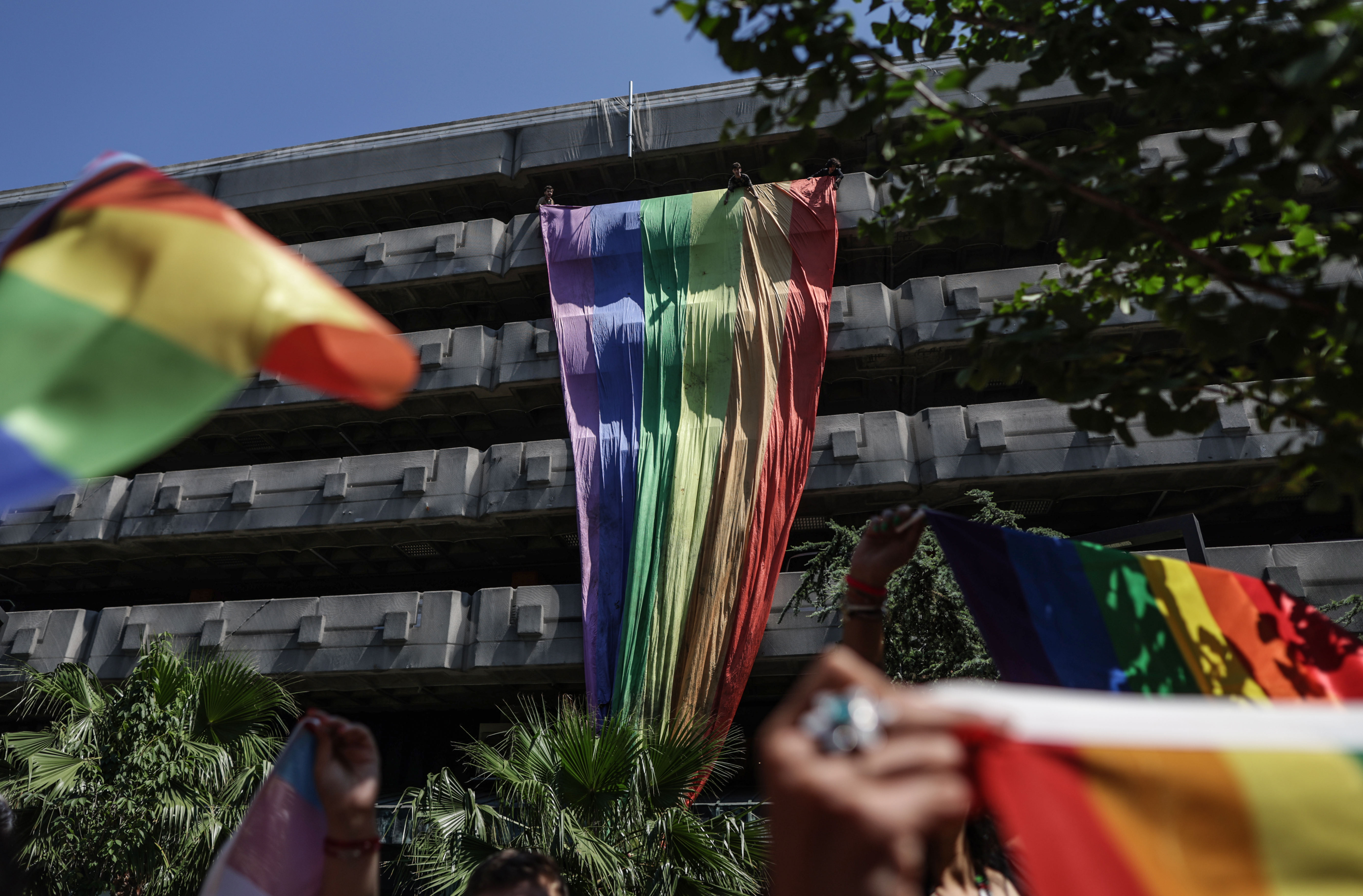As LGBTQ+ Pride Month draws to a close, IPI is publishing a special series about the experiences of LGBTQ+ journalists in diverse environments around the world, as well as the challenges that many continue to face.
LGBTQ+ people face risks globally, regardless of their occupation. Among the 194 U.N. member states, 62 countries have laws criminalizing same-sex acts, and only 33 states have legalized same-sex marriage, while an additional 34 have some other form of civil union or partnership, according to ILGA World, the International Lesbian, Gay, Bisexual, Trans and Intersex Association. In six countries, same-sex sexual acts remain punishable by death.
For LGBTQ+ journalists, these risks compound. Reporting on LGBTQ+ issues — ranging from the discrimination and ostracism that LGBTQ+ people face to demonstrations like Pride — can make someone a target of threats and attacks. In many cases, these reporters are queer themselves. While data is limited on the global extent of such issues, LGBTQ+ journalists face risks including physical violence, loss of jobs, social exclusion, and online harassment — those working in repressive environments risk being doubly targeted: for their work as journalists and for their sexual orientation or gender identity.
Here are the stories of some of these journalists, from Belarus, Colombia, Ethiopia, Kenya, the United States, and the United Kingdom.
Colombia: For queer journalists, identity helps inform their reporting
Ethiopia: ‘Constant terror’ for LGBTQ+ journalists, even those in the closet
Kenya: Reporting on undercovered LGBTQ+ community brings potential scrutiny
UK: LGBTQ+ journalists seek out community in the face of online attacks
